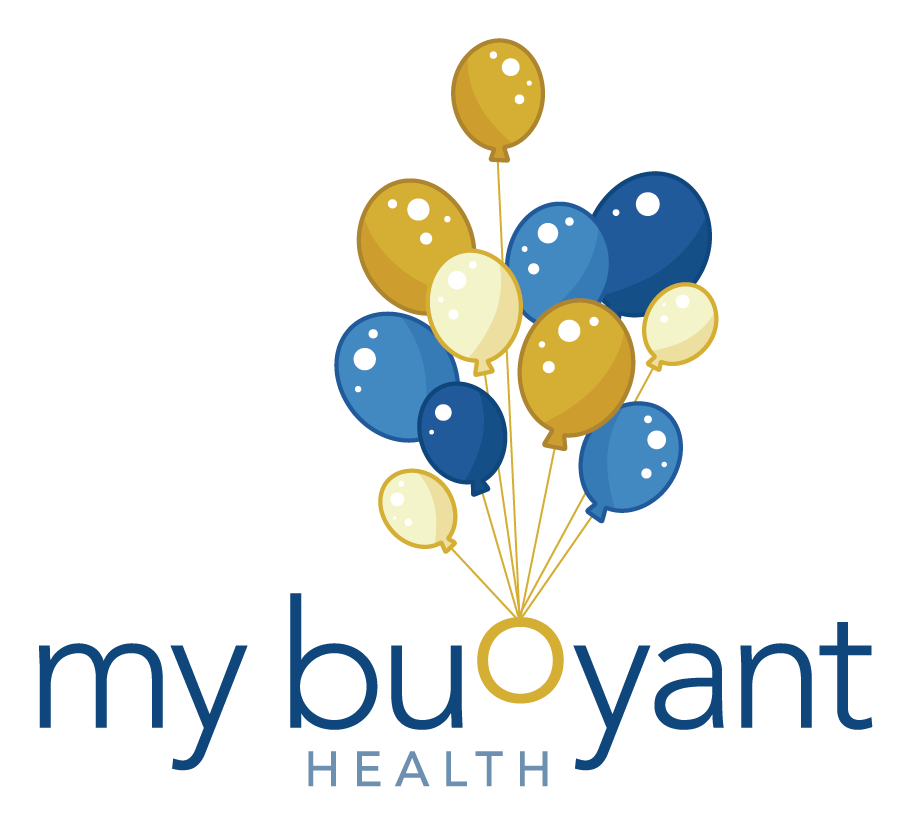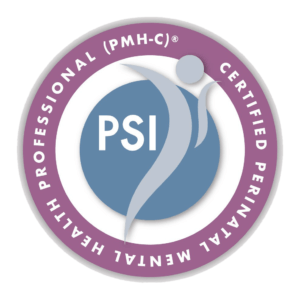Mood Disorders
Mood Disorders are a category of mental health conditions characterized by significant and pervasive disturbances in an individual's emotional state, affecting their overall mood and well-being. These disorders encompass a range of conditions, but the most common ones include depression, bipolar disorder, cyclothymic disorder, persistent depressive disorder, major depressive disorder (MDD mood disorder), and disruptive mood regulation disorder.
Cyclothymic Disorder
Cyclothymic Disorder, often referred to as cyclothymia, is a chronic mood disorder characterized by recurring mood swings that cycle between periods of hypomania (elevated mood) and mild to moderate depression. Unlike bipolar disorder, the mood swings in cyclothymic disorder are less severe, shorter in duration, and do not meet the criteria for full-blown mania or major depressive episodes.
Hypomanic episodes in cyclothymia involve:
- Elevated Mood: A distinct period of elevated, expansive, or irritable mood.
- Increased Energy: A heightened sense of energy and activity.
- Racing Thoughts: Rapid thoughts, ideas, and speech.
- Impulsivity: Engaging in pleasurable activities without considering consequences.
Depressive episodes in cyclothymia include:
- Persistent Sadness: Persistent feelings of sadness, hopelessness, and low self-esteem.
- Loss of Interest: A lack of interest or pleasure in previously enjoyable activities.
- Fatigue: Overwhelming tiredness and low energy levels.
- Changes in Appetite and Sleep: Appetite and sleep disturbances, either oversleeping or experiencing insomnia.
These symptoms often persist for at least two years in adults and one year in children and adolescents before receiving a diagnosis.
While cyclothymic disorder is considered a milder form of bipolar disorder, it is still a mental health condition that requires treatment. Psychotherapy, such as cognitive-behavioral therapy (CBT) and mood stabilizers, can help individuals manage their mood swings, improve coping skills, and lead more stable lives. Early intervention and consistent treatment are essential for individuals living with cyclothymic disorder.
Persistent Depressive Disorder (Dysthymia)
Dysthymia, also known as Persistent Depressive Disorder (PDD), is a type of mood disorder characterized by chronic and persistent low-level depression lasting at least two years in adults. While the symptoms of dysthymia are not as severe as those of major depressive disorder (MDD), they are longer-lasting and can significantly impact a person's quality of life.
The key features of dysthymia include:
- Persistent Sadness: Individuals with dysthymia experience a consistently depressed mood most of the day, for more days than not, over an extended period.
- Low Self-Esteem: They often have low self-esteem, feelings of hopelessness, and a negative outlook on life.
- Sleep and Appetite Changes: Dysthymic individuals may experience sleep disturbances, such as insomnia or excessive sleep, as well as changes in appetite.
- Low Energy: Chronic fatigue and low energy levels are common, making it challenging to engage in daily activities.
- Difficulty Concentrating: Concentration and decision-making can be impaired.
- Loss of Interest: A persistent lack of interest or pleasure in once enjoyable activities is typical.
Dysthymia can lead to functional impairment in work, relationships, and social activities. Treatment for dysthymia often includes psychotherapy (talk therapy), medication, or a combination of the two. Psychotherapy, particularly cognitive-behavioral therapy (CBT), can help individuals identify and change negative thought patterns and behaviors associated with dysthymia. Early intervention and ongoing support are essential for managing this chronic condition effectively.
MDD Mood Disorder Treatment in Phoenix, AZ
If you or a loved one is seeking support for mood disorders including MDD mood disorder, please don't hesitate to reach out to My Buoyant Health. If you are an established patient and wish to contact us directly, you can do so via your patient portal, or you may message us through the Healow app. You also can request an appointment online or call us at (602) 510-6582 to take the first step toward improved mental well-being and a brighter future.





